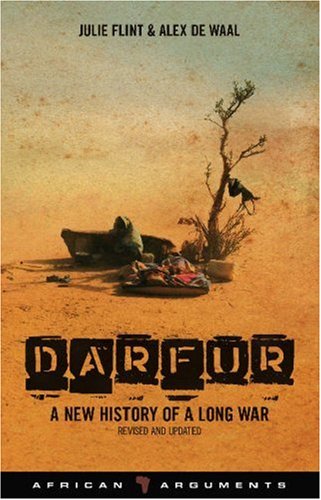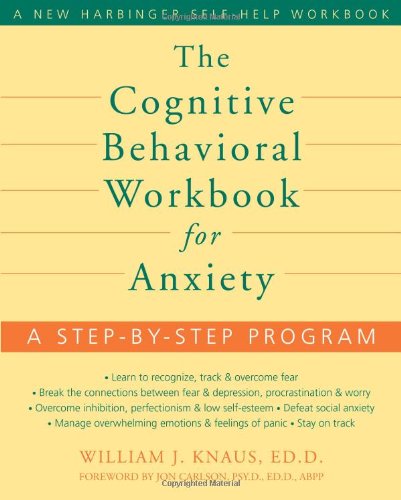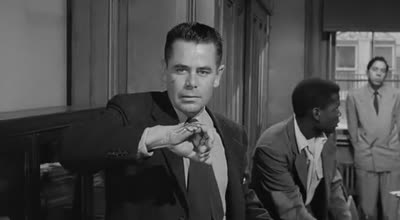Ordet (1955, Denmark, Dreyer)
If someone were to make a parody of a brilliant but slow-moving drama about God-fearing Danish farmers, it would be indistinguishable from this, and vice versa, in much the same way that this movie implies that holiness is indistinguishable from madness – and vice versa. Watched it all. A chill builds in while I watch this. I don’t think the temperature in the room has dropped. It’s the movie, and the centuries of cultural memory it resonates with. This isn’t quite the religion of my parents, or of their parents, but perhaps of their grandparents.
To Catch a Thief (1955, USA, Hitchcock)
This movie is above all a tourist commercial for the nature and architecture of southern France, with Cary Grant stumbling about in the foreground, a gentleman thief trying to catch another gentleman thief, trying and failing to outshine his surroundings. Watched: 27 minutes.
The Rains of Ranchipur (1955, USA)
This is one of those titles that sounds impressive when you first hear it, but when you think about it, it doesn’t make any sense. What’s so interesting about the rains of Ranchipur? Are they particularly frequent, or rare, or just very unusual? Are they more so in Ranchipur than elsewhere? Explain. On second thought, don’t. Watched: 9 minutes.
The Private War of Major Benson (1955, USA)
Charlton Heston is nearly kicked out of the Army for being too manly, which doesn’t really strike me as a plausible setup for a movie. Although, if anyone can be too manly for the Army, it would be Heston. Watched: 11 minutes.











